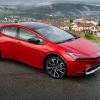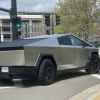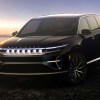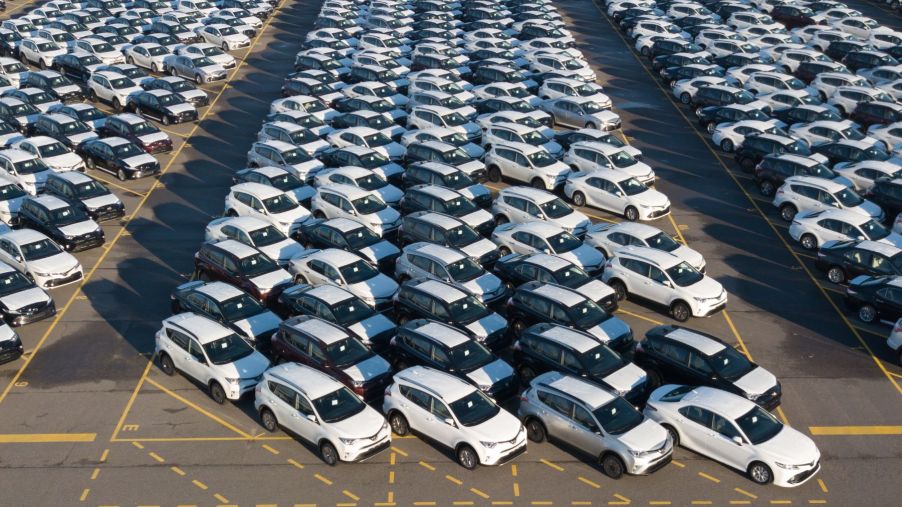
Toyota Reportedly Wants to Build a Battery Factory in North Carolina to Keep up With EV Demands
Toyota is synonymous with hybrids, reliability, and durability. What it isn’t yet known for are EVs. Instead of jumping into electric vehicle water, the brand decided to switch gears into hydrogen-fueled cars. That’s why the company is a bit behind the rest when it comes to powering its vehicles with fully-electric powertrains.
The push for electric vehicles
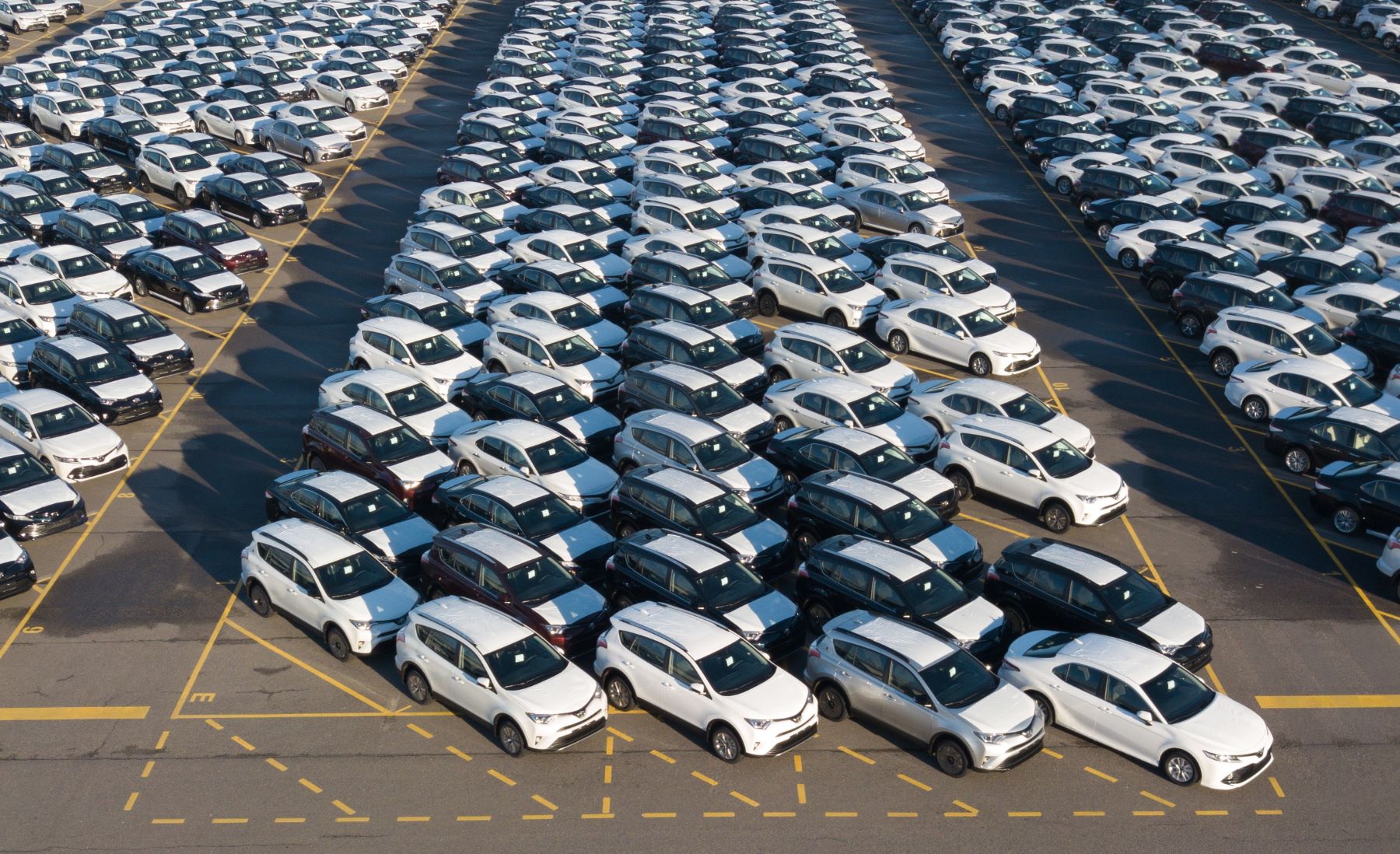
According to Consumer Reports, automakers are pushing to add several fully electric vehicles to their lineups, and some brands have set a goal to integrate them by 2030.
Tesla is the most popular EV automaker to date, but brands like Ford and General Motors have churned out a few already and have arrangements for more to come in the near future, including electric-powered pickup trucks.
When you see the extensive lineup of EVs that have already been built by other automakers, Toyota doesn’t quite stack up. It does, however, excel in the hybrid department, with its best-selling Prius model, which has been around for a while. Hybrids use electric motors to accompany a gasoline one to power a vehicle and offer superior gas mileage but don’t fully eliminate emissions.
How far Toyota has come in offering alternative gas vehicles?
When it comes to fully electric vehicles, Toyota doesn’t have any yet. In 2022, the brand plans to launch its first electric SUV, the bZ4X. The all-wheel drive version of this model will reportedly bring a 230-mile range with the battery, while the front-wheel-drive model is slated to get 200 miles on a single charge.
Up to this point, Toyota has been offering hybrid and PHEV versions of some of its models, and it’s even moved into hydrogen fuel cell vehicles as well. Its future plans are to produce a mixture of electric cars and those sporting hydrogen powertrains.
However, one electric vehicle, the RAV4 EV, made a brief appearance in the Toyota lineup in 2014 and was an effort by both Toyota and Tesla. However, the model disappeared since the battery took well over a day to charge unless an owner happened to have a tier two charging system.
Toyota’s plan for an EV battery factory in North Carolina
Toyota recently announced a plan to build an electric battery factory near Liberty, North Carolina. Executives intend on spending around $1.3 billion on the plant, which will supply all the batteries necessary for the EVs they are gearing up to produce in the future.
The brand’s goal is to build the factory with four production lines. Each line would be set up to produce approximately 200,000 batteries each. Eventually, Toyota wants to build enough for the 1.2 million vehicles it plans to construct every year, according to Automotive News.
The building of the plant will begin in 2025, and Toyota will be partnering with Toyota Tsusho, its metal trading division, for the project. That’s good news for the area because it will create close to 1,750 jobs. What Toyota hasn’t disclosed, as of yet, is which vehicles will get them and whether it’s a move toward a transition into fully-electric cars or a mixture with hybrid ones.
Toyota is moving toward an electric future. With its plan to reduce carbon emissions and hopefully decrease the price of batteries, the brand promises to do its part in helping the environment. However, it might be a while into the future before we see the full effect of its efforts.
